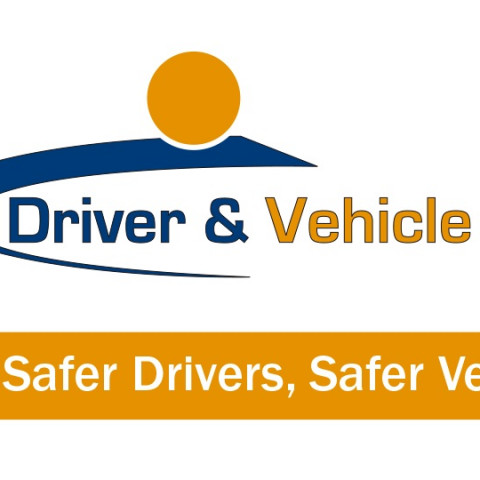The Irish number plates authority is to change its name from DVLNI to DVA, not to be confused with DVLA.
The Driver and Vehicle Licensing Northern Ireland (DVLNI) was established as an executive agency within the Department of the Environment (DOE) on 2 August 1993. It is the Irish number equivalent to the DVLA (Driver & Vehicle Licensing Agency) in the mainland UK. It is strange that one country has two authorities that register and keep records of number plates. English number plates registered in mainland UK are registered by DVLA, and Irish Number plates are registered by DVLNI.
As the Agency responsible for driver, operator and vehicle licensing in Northern Ireland, their key purpose is to maintain a record of all those who are entitled to drive various types of vehicles including taxis, together with a register of all vehicles and operators entitled to travel on public roads. These registers allow us to contribute to our strategic outcomes by keeping drivers and vehicles, without the requisite entitlements, off the roads with the cooperation of the partners such as DVLA Swansea.
The vehicle register also assists the DVLNI in the collection of Vehicle Excise Duty (VED) in Northern Ireland on behalf of the Driver and Vehicle Licensing
Agency (DVLA). The DVLNI issues and sell personalised vehicle registration marks and similar Irish number plates to the Sale of Marks and DVLA personalised registrations as DVLA Swansea.
The following services are provided by the Agency: -
Driver Licensing
Issue and, where appropriate, the withdrawal of licences to:
Group 1 drivers (car, motorcycle, etc); and
Group 2 drivers (lorry, bus, minibus).
Vehicle Registration and Licensing
Issue of vehicle tax discs;
Collection and enforcement of Vehicle Excise Duty;
Registration of new and used vehicles;
Sale by auction and tender of valuable registration marks; and
Transfer of cherished registration marks between vehicles.
•Road Transport Licensing
Issue and, where appropriate, the withdrawal of licences to:
Taxi drivers;
Road freight operators; and
Road service (bus) operators.
Public service vehicle (bus and taxi) licensing.
DVLNI collects in excess of £127m in VED on behalf of DVLA, and £2m in respect of VED enforcement activity. It maintains a register of all vehicles entitled to travel on public roads and Irish number plates (1 million Irish vehicle number plate records) and those who are entitled to drive various types of vehicles (1 million driver records).
The Department for Transport (DfT), acting through its executive agency, DVLA, has
statutory responsibility under the powers of the Vehicle Excise and Registration Act 1994, and subsequent amendments, for vehicle registration and licensing in the United Kingdom.
These functions are undertaken in Northern Ireland by DVLNI on behalf of the DVLA. There is a formal agreement between DOE and DfT, which specifies the services to be delivered and the funding arrangements. DOE is responsible for driver licensing, taxi licensing and road freight and passenger operator licensing in Northern Ireland under the authority of the Road Traffic (Northern Ireland) Order 1981 and the Transport Act (Northern Ireland) 1967.
Driver and Vehicle Licensing Northern Ireland
DVLNI’s primary activities are set out in the following legislation:
The Vehicle Excise and Registration Act 1994 which covers -
o a person’s requirement to notify about keepership of a vehicle and amendment to
keepership details;
o requirement to maintain vehicle keepership records;
o identification of liability to pay and collect Vehicle Excise Duty.
The Road Traffic (Northern Ireland) Order 1981 deals with -
o entitlement to drive (including taxis);
o issuing and where appropriate withdrawing driving licences;
o requirement to maintain a record of licensed drivers;
o requirement to notify changes to particulars.
The Transport Act (Northern Ireland) 1967. This Act covers the licensing of persons who
carry passengers or goods for reward. Such persons are required to hold either -
o a Road Freight Operator’s Licence to operate goods vehicles; or
o a Road Service Licence to operate vehicles such as minibuses, buses or coaches.
With systems integration for vehicle records due in 2007 and the proposed integration of driver licensing systems in 2008, DVLNI have no scope for developing electronic service delivery in line with the wider government and “joining-up” agenda until integration is complete. Once in place, a number of opportunities to further these initiatives will be investigated.
The DVLNI is committed to all the same strategic and policy and political commitments as DVLA and as part of this review they have now merged the DVTA and DVLNI to form one Agency to be known as the DVA.
